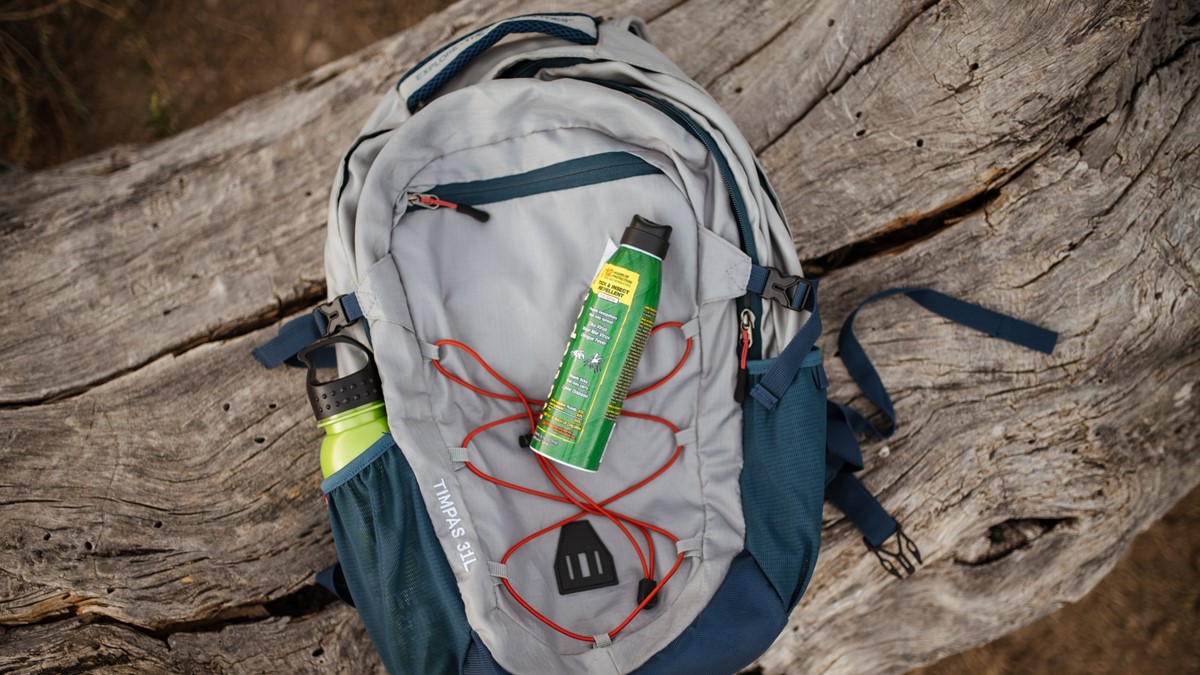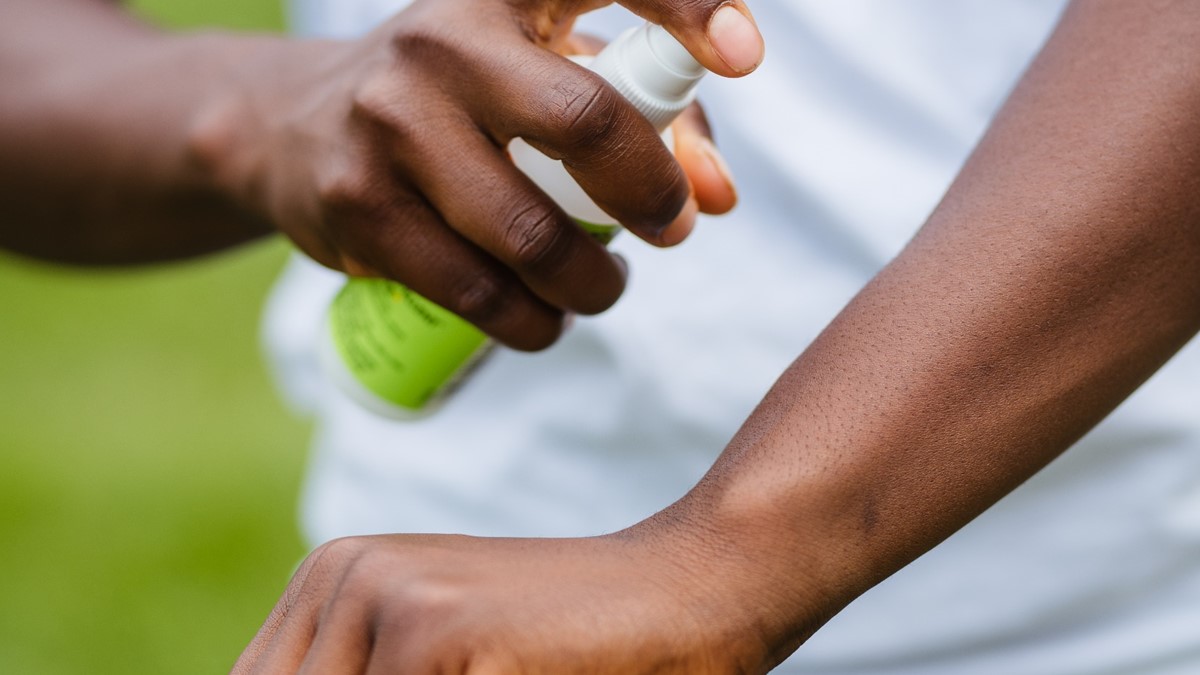Key points
- Plan ahead before traveling.
- Pack insect repellent and protective clothing.
- Look for lodging with screens or air conditioning or pack a mosquito net.
- If traveling abroad, find out if vaccines for mosquito-borne diseases are available.
- After your trip, watch for symptoms and prevent mosquito bites for 3 weeks.

Overview
Overseas travelers should learn about current risks and how to prevent mosquito bites during their trip. Mosquitoes spread viruses and parasites not common or present in the continental United States, such as:
- Chikungunya—Vaccine available for travelers
- Dengue
- Dirofilariasis (dog heartworm)
- Japanese encephalitis—Vaccine available for travelers
- Lymphatic filariasis
- Malaria—If traveling to an area where malaria is found, talk to your healthcare provider about malaria prevention medication.
- Mayaro
- Rift Valley fever
- Ross River
- Yellow fever—Vaccine available for travelers
- Zika
Prevention tips
The best way to prevent mosquito bites is to use an Environmental Protection Agency (EPA)-registered insect repellent with one of the active ingredients listed below. When used as directed, EPA-registered insect repellents are proven safe and effective, even for pregnant and breastfeeding women.
- DEET
- Picaridin (known as KBR 3023 and icaridin outside the United States)
- Oil of lemon eucalyptus (OLE)—A plant-derived ingredient
- Para-menthane-diol (PMD)
- 2-undecanone—A plant-derived ingredient
Find an EPA-registered insect repellent

Making a plan
Before your trip
Make a checklist of everything you'll need for an enjoyable vacation and use the following resources to help you prepare.
- Review country-specific travel recommendations, health notices, and warnings.
- Visit a travel clinic or your healthcare provider 4 to 6 weeks before your trip.
- Choose lodging with window and door screens or air conditioning, when possible.
- Pack a travel health kit.
Learn about vaccines for travelers
For most viruses spread by mosquitoes, no vaccines or medicines are available. However, vaccines are available for chikungunya, Japanese encephalitis, and yellow fever viruses. Travelers to areas with risk of those viruses should discuss vaccination with their healthcare provider.
Pack the following items
- EPA-registered insect repellent
- Loose-fitting, long-sleeved shirts and pants. Mosquitoes may bite through thin clothing.
- Clothing and gear (such as boots, socks, tents) treated with 0.5% permethrin.
- Mosquito net if you will be sleeping outside or when screened rooms are not available.
Use mosquito nets
After your trip
What to do if you have symptoms
- If you have a fever, headache, muscle and joint pain, or rash, see your healthcare provider immediately.
- Tell your provider about your symptoms and your travel history.
What to do even if you are not sick
- Prevent mosquito bites for 3 weeks after your trip.
- This ensures that you do not spread viruses like dengue, chikungunya, and Zika to uninfected mosquitoes.
